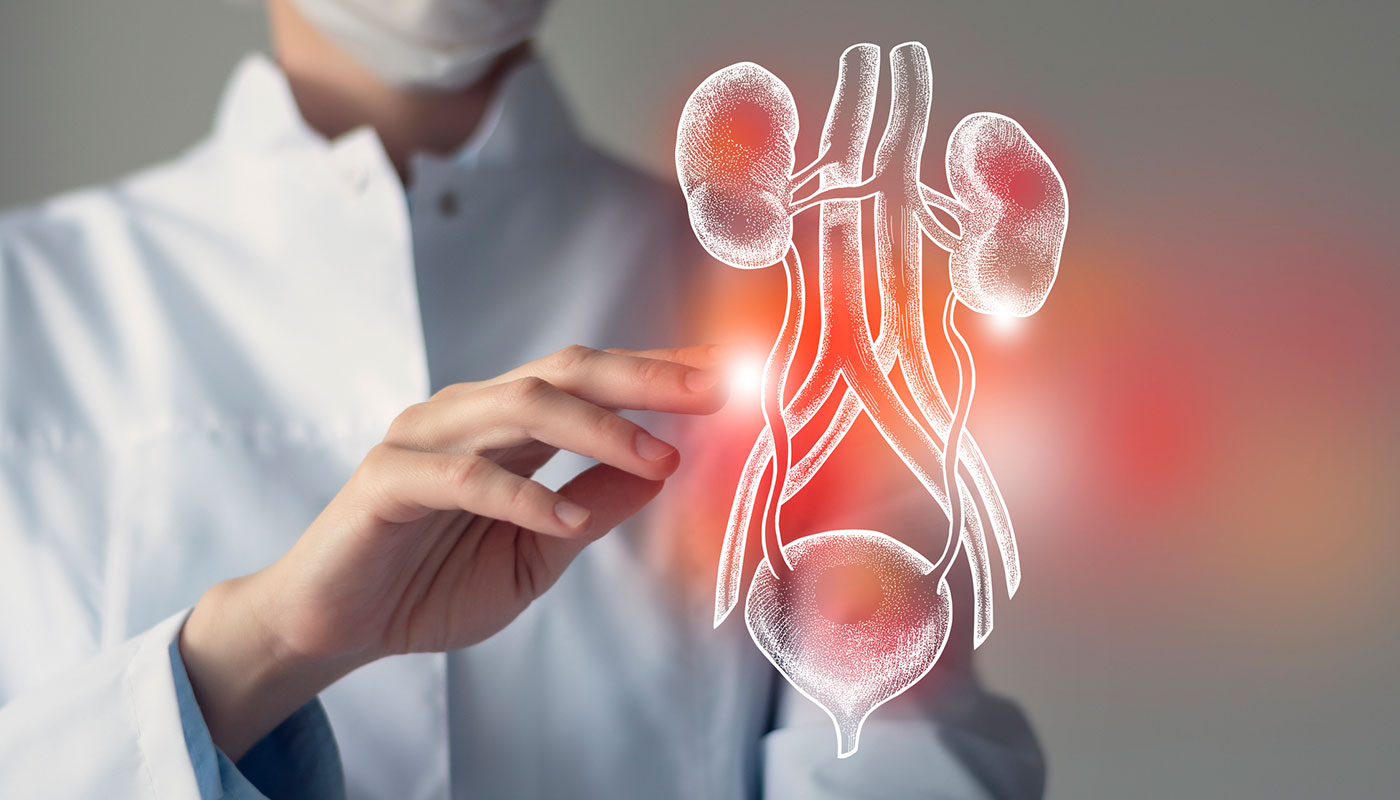
What are the causes of UTI?
Normally, urine is sterile. It is usually free of bacteria, viruses, and fungi but does contain fluids, salts, and other metabolic waste products. An infection occurs when tiny organisms, usually bacteria from the digestive tract, cling to the opening of the urethra and begin to multiply. The urethra is the tube that carries urine from the bladder to outside the body. Most infections arise from one type of bacteria, Escherichia coli (E. coli), which normally lives in the colon.
In many cases, bacteria first travel to the urethra. When bacteria multiply, an infection can occur. An infection limited to the urethra is called infectious urethritis. If bacteria move to the bladder and multiply, a bladder infection, called infectious cystitis, results. If the infection is not treated promptly, bacteria may then travel further up the ureters to multiply and infect the kidneys. A kidney infection is called infectious pyelonephritis.
How is a UTI diagnosed?
To find out whether you have a UTI, your doctor will test a sample of urine for markers of infection. You will be asked to give a “clean catch” urine sample by washing the genital area and collecting a “midstream” sample of urine in a sterile container. This method of collecting urine helps prevent bacteria around the genital area from getting into the sample and confusing the test results. At the Medical Center of Marin, we are able to perform a urinalysis test while you wait.
In the urinalysis test, the urine is examined for white and red blood cells and bacteria to pinpoint the best course of treatment.
What are the symptoms of UTI?
Not everyone with a UTI has symptoms, but most people get at least some symptoms. These may include a
- A frequent urge to urinate.
- A painful, burning feeling in the area of the bladder or urethra during urination.
- Pressure above the pubic bone.
- An urge to urinate, with only a small amount of urine being passed.
- Milky, cloudy or foul smelling urine.
How is a UTI treated?
UTIs are treated with antibacterial drugs. The choice of drug and length of treatment depend on the patient’s history and the urine tests that identify the offending bacteria.